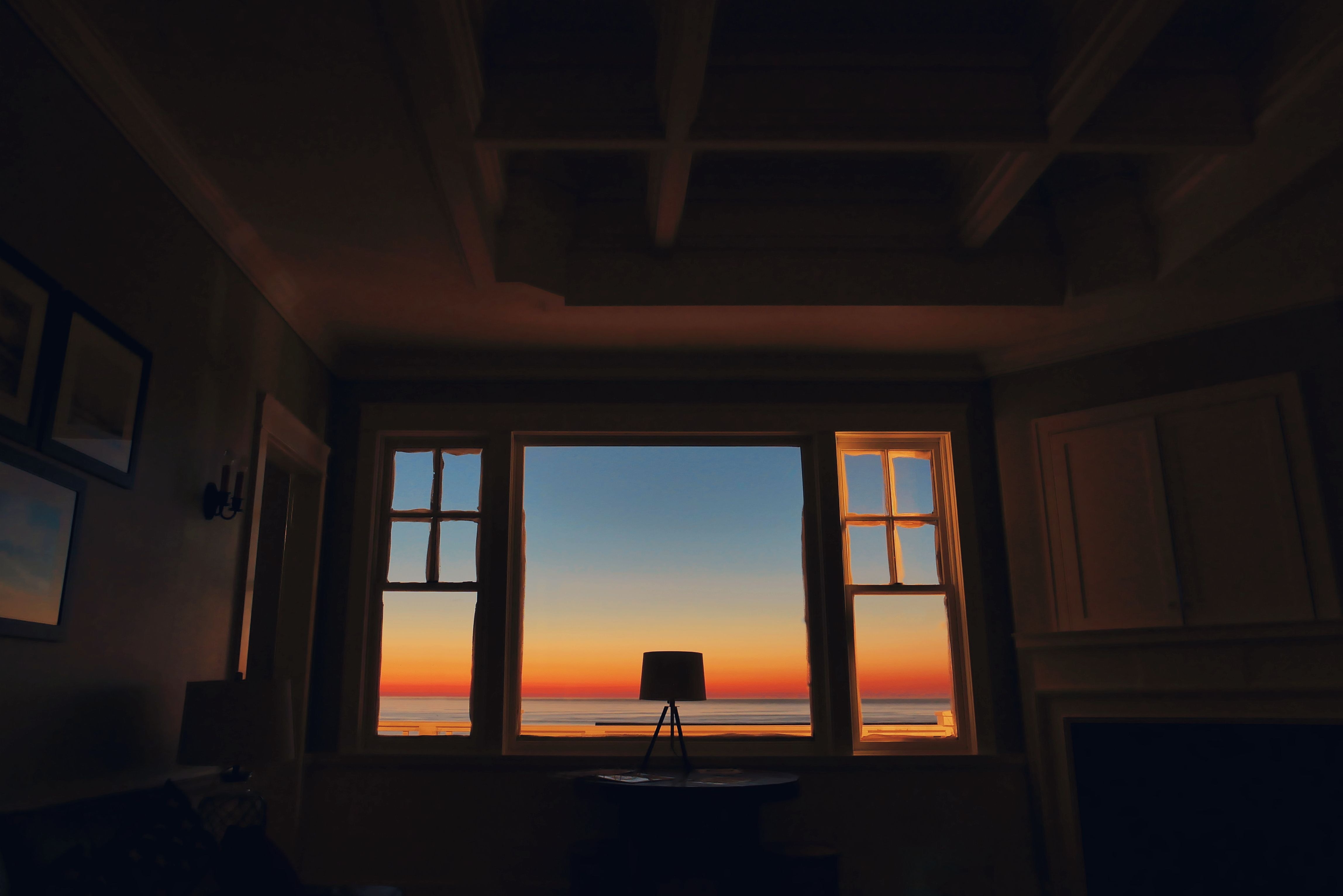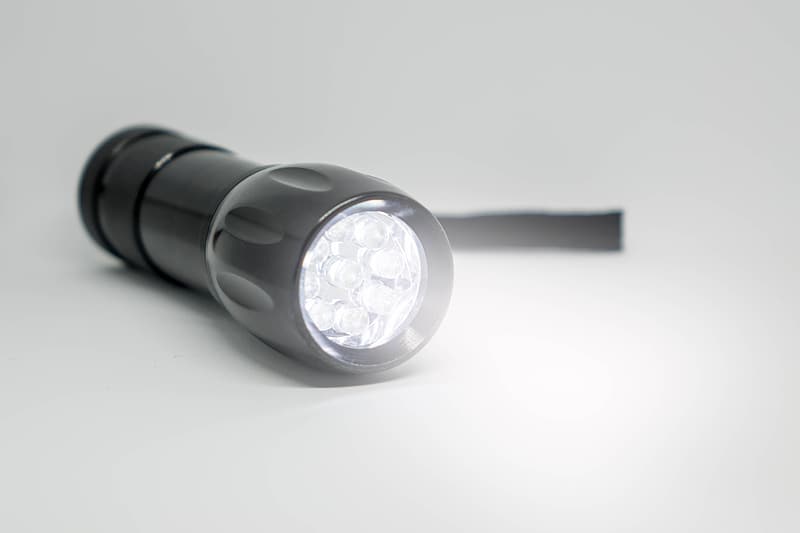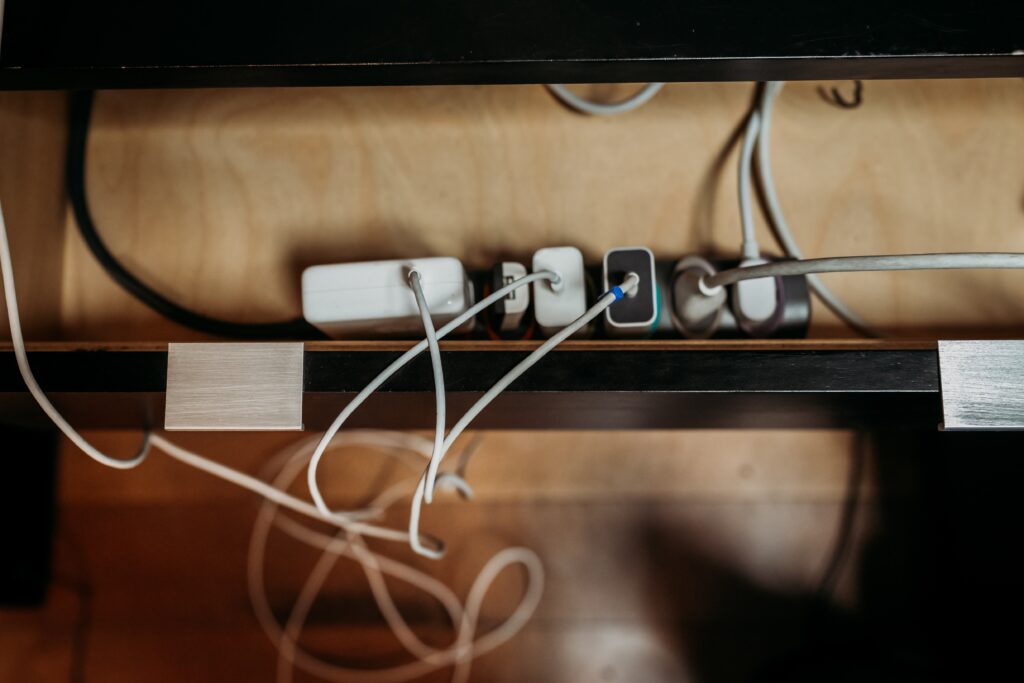
What Do I Do When the Power Goes Out?
Many Oregonians rarely experience unplanned power outages, thanks to mild weather and a robust utility grid. However, this means that when the electricity goes out during a particularly nasty storm or areas are disconnected to protect against wildfires, it can be hard to know what to do. Here are a few tips to keep your home and your family safe during a temporary power outage.

DO: Use flashlights and battery-powered appliances to see
Keep multiple flashlights or battery-powered camp lights in strategic places around the house, so you can easily find one in the dark. Check regularly to make sure the batteries still work and replace them if not.

DON’T: Use candles or indoor generators
Who doesn’t love a cozy, candlelit room? The fire department, that’s who. While they might seem like a romantic way to get through a power outage, candles cause thousands of home fires each year and dozens of fatalities. The risk of fire is particularly severe if your power has been disconnected due to high wildfire risk. However, the danger exists year-round; the highest number of candle-related fires each year is at Christmas.
Similarly, using a generator indoors can result in severe and even fatal carbon monoxide poisoning. If you own a generator, follow safety protocols by only operating it outdoors and 15 feet away from any structures.

DON’T: Use the flashlight app on your phone
The flashlight app on your phone can be helpful in a pinch, but the powerful light will quickly drain your battery. Using actual flashlights will help extend your phone life, which is important for checking for updates from your utility company or contacting emergency services. If you can afford it, consider purchasing an external battery charger for your phone in the event of a lengthy outage.

DO: Have an outage kit of hats, blankets, and batteries
An unplanned power outage can mean that your home rapidly loses its temperature. This can be particularly uncomfortable in the winter or during a cold snap. Ensure you and your family can stay warm by having a pre-stocked, easily accessible outage kit with hats, blankets, and extra batteries. Check the Portland General Electric or Pacific Power websites to see their recommended outage kits.

DO: Stock up on water and canned food (and a can opener!)
Preparing meals without electric appliances like the stove or a microwave can be more than a little challenging. When you put your outage kit together, be sure to include a variety of non-perishable food, such as canned beans and vegetables, granola bars, and peanut butter, along with plenty of bottled water. Don’t forget to toss in a spare can opener!

DO: Unplug your electronics
There’s always the possibility of a power surge when the lights finally come back on. Protect your appliances and electronics by unplugging them right away.

DO: Contact your utility company
Reporting a power outage to your utility provider can help them understand the extent of the outage, identify the source, and restore power efficiently. If your power is out, call the company or report the outage on their website or app. (We recommend programming the number into your phone in case you aren’t able to access the internet.) Many utilities also provide real-time outage maps, and allow you to sign up to receive text updates.

DON’T: Call 911
You should only call 911 in the case of an emergency. Do not call to report a power outage or a downed power line.
Oregon utility providers are often able to restore power promptly in the event of an outage. However, if it is unsafe to remain in your home, especially because of temperature concerns, call 211 or visit 211info.org to find a cooling or warming center near you.